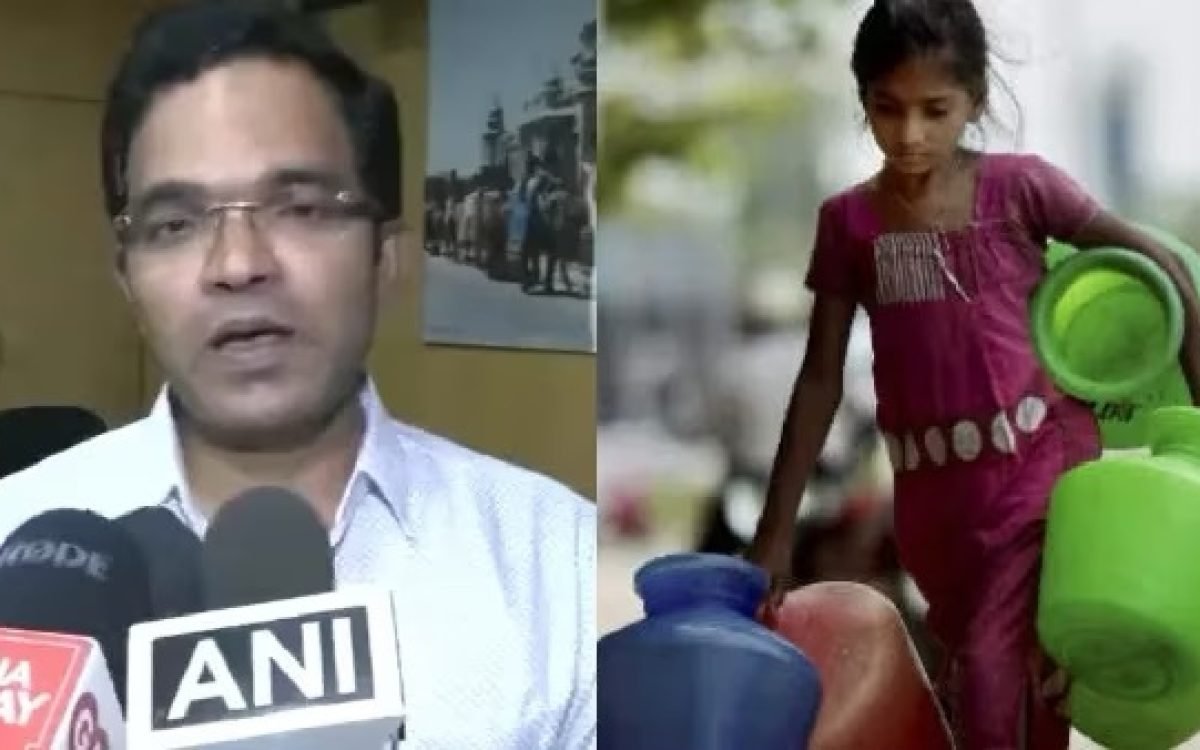Bengaluru, often hailed as the Silicon Valley of India, is currently grappling with an unprecedented water crisis that has cast a shadow over the daily lives of its residents. The situation, described by some as reminiscent of Cape Town’s water scarcity woes, underscores the urgency of addressing water management and conservation in urban centers.
According to reports from the Bangalore Water Supply and Sewerage Board (BWSSB), a staggering 257 areas across the city have been hit by the water crisis, affecting not only households but also industries, schools, fire departments, apartments, and hotels. The severity of the crisis is palpable, with citizens struggling to secure water for their basic needs.
The affected regions span across Bengaluru’s diverse zones, including the South, West, East, and North zones. From HSR Layout to Rajajinagar 6th Block, from KR Puram to DJ Halli, communities are feeling the strain of dwindling water resources. The situation has sparked discussions and debates, with some questioning whether the crisis warrants drastic measures, such as the cancellation of IPL matches hosted by the Royal Challengers Bangalore (RCB).
Amidst the concerns and uncertainties, the BWSSB has assured the public that Bengaluru currently possesses adequate water reserves to sustain its population for the next five months. While this declaration offers a semblance of relief, it also highlights the need for proactive measures to address the underlying issues contributing to the crisis.
The water scarcity in Bengaluru is not an isolated incident but rather a manifestation of broader challenges related to urbanization, population growth, climate change, and water mismanagement. Rapid urban expansion, unchecked development, and inefficient water distribution systems have exacerbated the city’s vulnerability to water stress.
In the face of these challenges, sustainable water management practices and community engagement emerge as critical strategies for mitigating the crisis and building resilience. Initiatives such as rainwater harvesting, wastewater recycling, and efficient irrigation techniques can help conserve precious water resources and reduce dependency on external sources.
Furthermore, holistic approaches that integrate technology, policy interventions, and public awareness campaigns are essential for fostering a culture of water conservation and accountability. Collaborative efforts involving government agencies, civil society organizations, academia, and the private sector are paramount for implementing long-term solutions and safeguarding Bengaluru’s water future.
As Bengaluru navigates through this challenging period, it is imperative for stakeholders to prioritize the well-being of communities and ecosystems, recognizing that access to clean and reliable water is a fundamental human right. By embracing innovation, resilience, and collective action, the Garden City can overcome its current water crisis and emerge as a beacon of sustainable urban development for the future.









